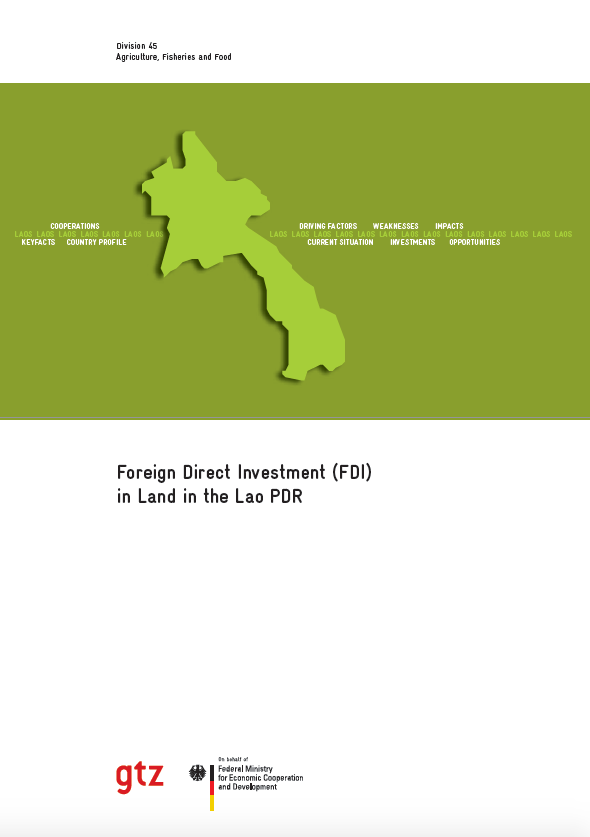Institutional and Policy Analysis of River Basin Management : The Alto-Tietê River Basin, São Paulo, Brazil
The authors describe and analyze river basin management in the most intensely urbanized and industrialized region of Brazil. The area covered by the Alto Tiete basin is almost coterminous with the Metropolitan Region of Sao Paulo. With a drainage area of 5,985 square kilometers (2.4 percent of the state's territory), the basin encompasses 35 of the 39 municipalities and 99.5 percent of the population of Greater Sao Paulo. Population growth and urban sprawl in Greater Sao Paulo have been rapid and uncontrolled in recent decades.



